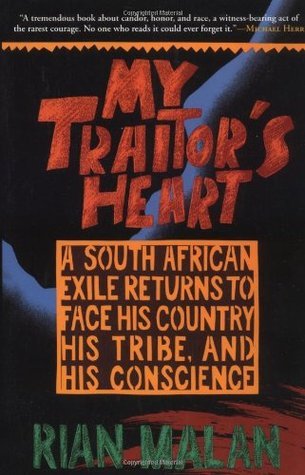What do you think?
Rate this book


349 pages, Paperback
First published January 1, 1990





In the end, the sun went down and the celebrants went home, leaving the horns of the sacrificial cattle nailed to the room of the home. The horns were a reminder of the ceremony performed that day, a sign that the household within had honored its shades. In a continent where people worship their ancestors, Neil Alcock had become a god - the first white god in Africa, as far as anybody knows. Aeons after our ancestors walked away, the first white man had come home to Africa to stay.